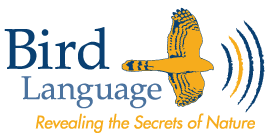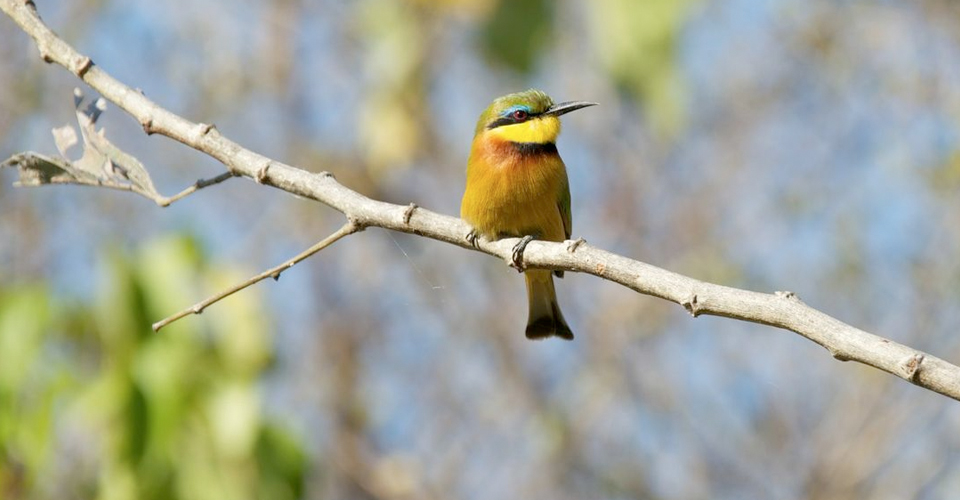Birds talk to each other. We can understand it. And it’s fun!-Joe Ellis, Audubon Board Member
What Is Bird Language?
The communication network of birds is a vast, complex, and delicate instrument. Pressure to survive, evade predators, and find food has shaped our winged companions’ perceptive and communicative capacities over eons.
Even more amazing is that humans can easily tap into the conversations that arise in this communication network. Bird language is a way for us to learn about what’s happening across a landscape, including whether predators are present or the discovery of a food source. Since the beginning of human history, we have used this communication network for survival. Certain modern Indigenous peoples continue to live in a pattern deeply dependent on bird language for survival.
Many people who have studied bird language deeply have reported that making the connection to this ancient and universal language has awakened something within them. Many report that training themselves to tune in at this level has given them an edge in all kinds of endeavors in their modern lives – including their perception of dynamics of complex human interactions, expanded creativity and a heightened sense of interdependence.
By learning bird language, we can gain greater insight into the processes and events occurring across a landscape. Through bird language, we can understand our own relationship to, and role in stewarding, the entire ecological system.
This program brings a time-tested educational workshop in nature connection to a national scale through partnerships with major conservation organizations such as our current partner, the National Audubon Society.
“I think the best way I can describe Bird Language in my job is that it is like being tuned into a radio station on my way to work and getting all the updates, from the weather, to traffic, to happenings in and around the area; Bird Language condenses a whole lot of information for us into a few calls that we can easily absorb, process, and react to out in the bush.” – Alwyn Myburgh (African guide in the Kalahari)

